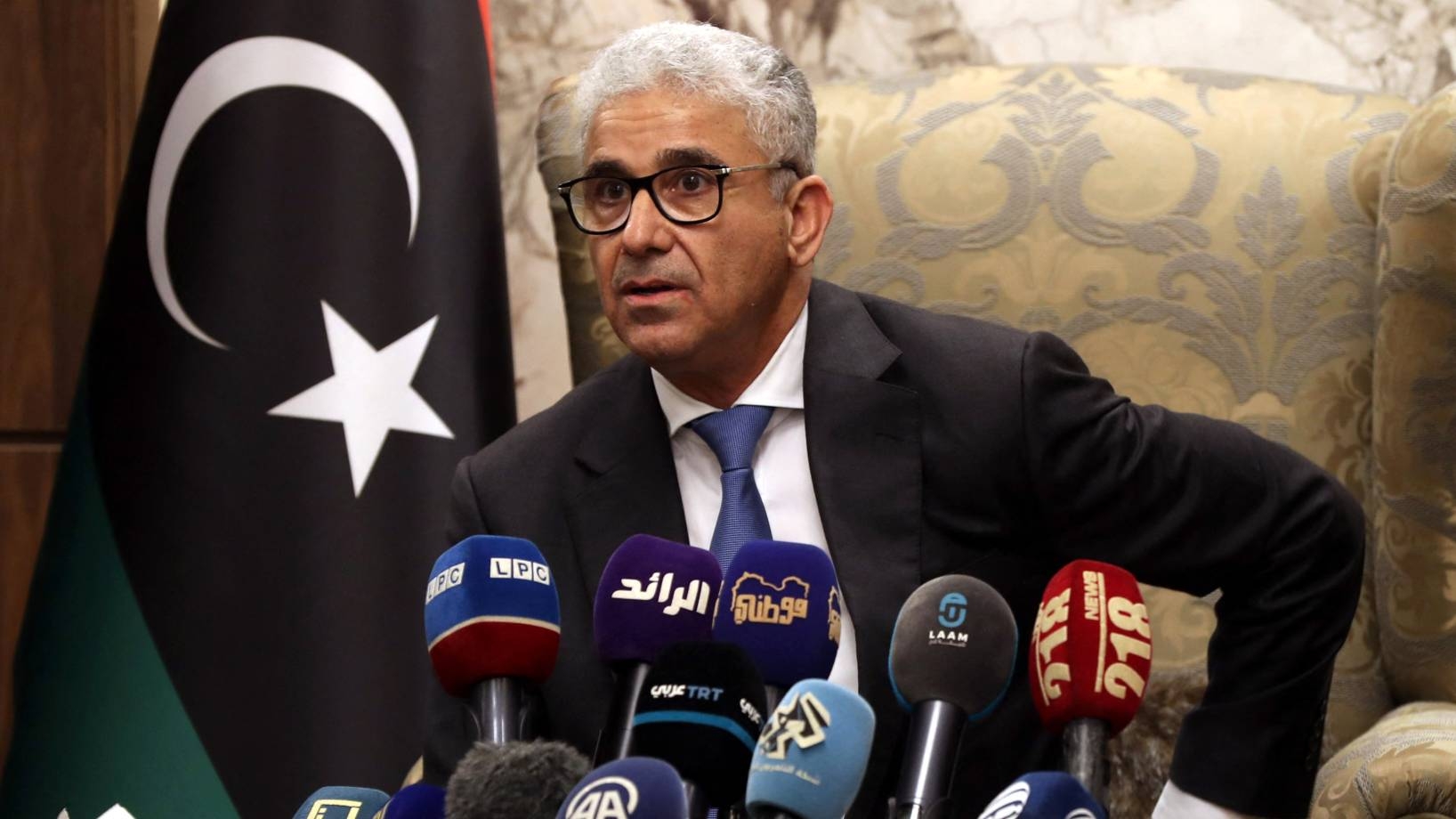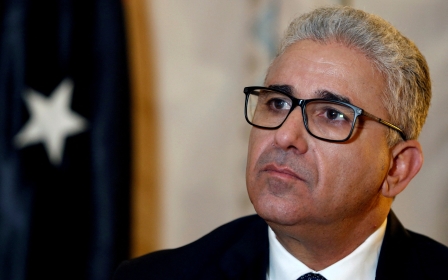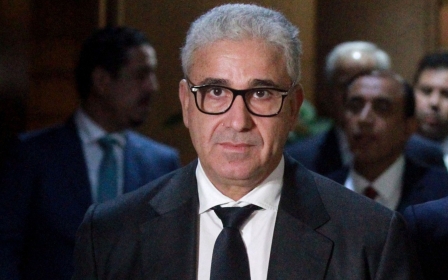Libya: Parliament approves new government led by Fathi Bashagha

Libya's parliament approved a new government on Tuesday, led by Fathi Bashagha as prime minister, ousting Abdul Hamid Dbeibah - who vowed not to cede power - and challenging his administration in Tripoli.
Bashagha was declared as the interim prime minister in February. On Tuesday, the Libyan parliament said he would be in charge of a cabinet of 35 ministers tasked to run the country, after receiving a majority vote from 92 parliamentary members, the House of Representatives speaker Aguila Saleh said.
However, Bashagha's new government could risk sparking a new power struggle between the eastern-based assembly and Dbeibah's administration, based in the capital Tripoli, in western Libya.
Dbeibah, who survived an assassination attempt last month, vowed not to cede power except for an "elected authority".
Dbeibah had been installed in March last year as head of the UN-backed Government of National Unity (GNU), which was meant to unify the country's divided institutions and oversee the run-up to an election in December as part of a peace process.
Libya's rival factions have been jostling for position after the election process fell apart in December amid disputes over the rules, including over the legitimacy of Dbeibah's own candidacy for president after he pledged not to run.
'Reach out to everyone'
In recent weeks, armed forces have mobilised more fighters and equipment in the capital, raising fears that the political crisis could trigger violence.
Bashagha served as Libya's interior minister between 2018 and 2020. He is expected to hold talks with different political parties in an attempt to unify Libya, thus avoiding chaos and another round of civil war. He said that he would "reach out to everyone".
Libya has had little peace or stability since the 2011 Nato-backed uprising against Muammar Gaddafi. The North African country split in 2014 between warring factions in the east and west.
Middle East Eye delivers independent and unrivalled coverage and analysis of the Middle East, North Africa and beyond. To learn more about republishing this content and the associated fees, please fill out this form. More about MEE can be found here.




